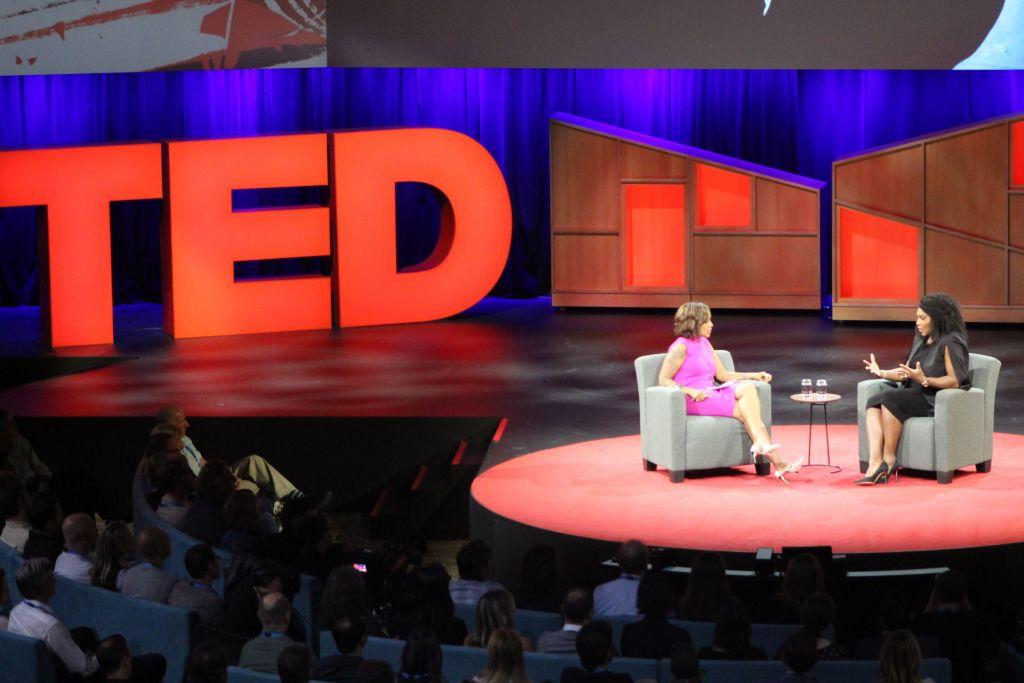Teams should start building a sense of ownership with employees!
There are a very small handful of businesses that can actually boast highly engaged employees. There are definitely employees who feel incredibly proud to say their organization’s name and others who couldn’t care less.
And it shows in their performance. They leave other companies wondering how they’ve managed to put together and motivate such driven and connected teams.
It doesn’t matter how big or small the company is. Sometimes even startups don’t get employee team building and motivation right. It’s a make or break for any company in an era where the business environment is turbulent and your team is one of your biggest competitive advantages. Many companies try to engage and create cohesive teams, but they continue to miss the mark and their efforts end up feeling forced and ineffective.
So what are employees missing? A sense of ownership.
One of the reasons small startup teams seem to have high levels of productivity and engagement is because most of the team members are personally invested and have a sense of ownership. Larger companies lose this when they start to hire just to fill roles that play into the revenue machine. Teams, in small startups or in large corporations, should start building a sense of ownership with employees to create strong teams that will lead them successfully into the future.
Internally created and supported projects to boost the employees’ sense of ownership
Money and income aren’t the only reasons entrepreneurs are invested in their projects. It’s because they’re seeing something they’ve conceptualized and feel would be beneficial from beginning to end. Everyone is intrinsically motivated by this and it isn’t taken advantage enough with teams in business. We segregate roles and dictate work which makes people feel like robots (who will likely soon replace them in these menial task roles). Allowing employees to brainstorm, propose, and receive support for projects is a way to inspire founder-like motivation. Logically, your team members should be in charge of new projects. They run the day to day and know where there is room for improvement and how to execute change better than anyone. Having support for self-contained projects helps bond employees – even in a large corporation – like they do in small startups.
Flex scheduling
One of the biggest sources of motivation for entrepreneurs and founders is that they get to set their own schedule. Many find that a conventional schedule does not work best for their productivity and adjust accordingly. Teams within a company are the same. If you want them to perform optimally, allow them to determine how to organize their time to do so. Most founders actually end up working harder even with a flexible schedule because they feel they have ownership over their work. The hours don’t matter. Inspiring teams to work out a schedule for themselves like this rather than watch the clock nine to five is a boost to morale and productivity. Introducing tools that help facilitate flexible working hours together is key to this. Try Hibox, an all-in-one digital workspace, with your team today.

Supporting specialization and development
Just like founders, employees have bigger goals of fulfilling bigger roles, and if you want a team to progress and a company to grow, those goals should be supported. Team members should be encouraged to decide on their own role in projects depending on their interests and capabilities. Over 70% of employees feel they need to leave their organization to advance themselves. Team leaders and managers should make an effort to learn more about individuals’ goals and lend support in developing them. If employees do not see support for their own motives and a change to work on what they want in their teams, they will abandon yours eventually. If there is no room or money for promotions, offering support for training new skills is a great way to show team members they have a future to work towards together.

Individualistic thinking is more prevalent in and outside of companies. Adjusting now to account for this and help make teams work better together towards common goals is what the future’s strongest teams will focus on. For more, check out these five team building tricks we use at Hibox ourselves.
Try Hibox free with your team for better team productivity and communication today.




